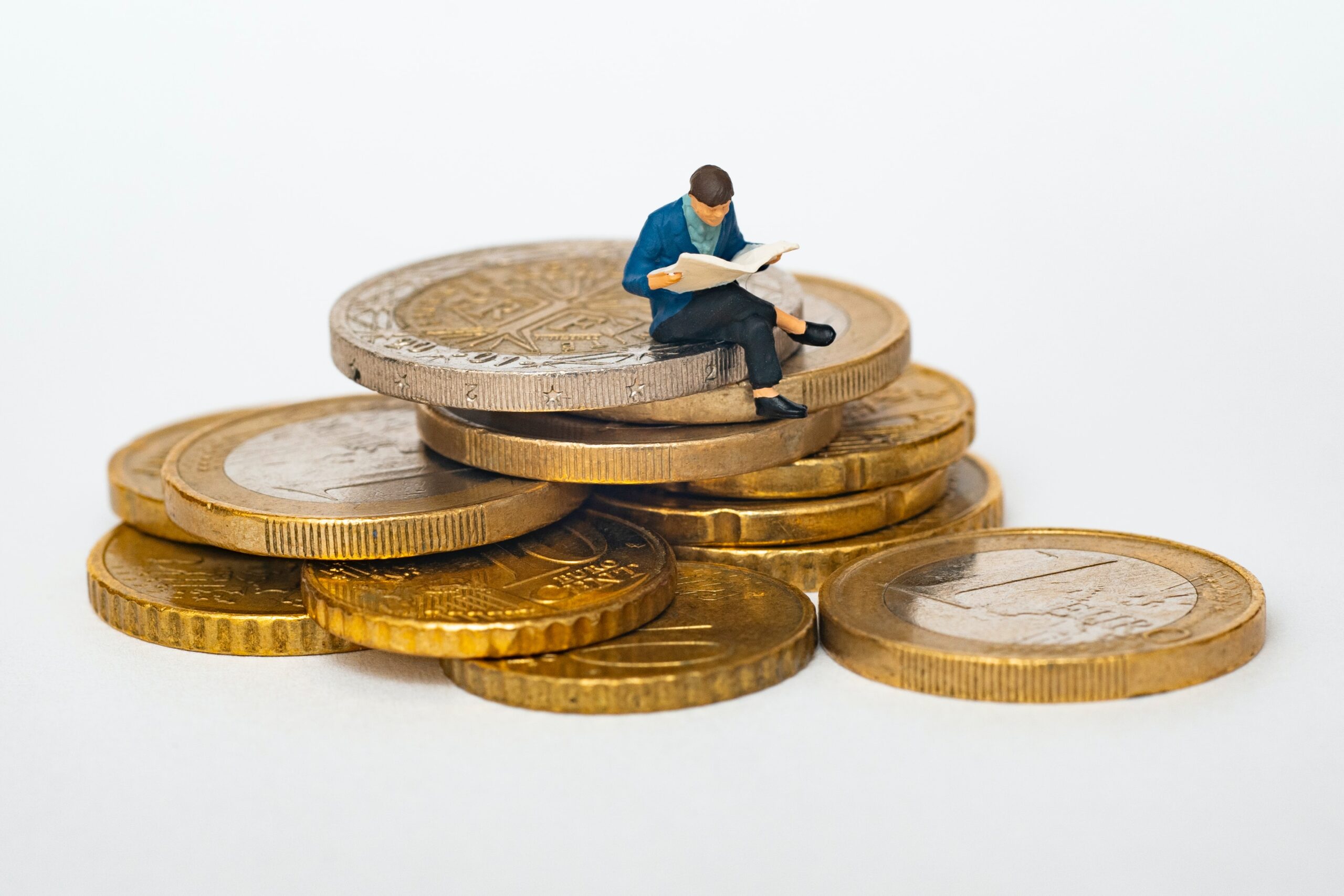In an uncertain year, how did economists’ predictions fare?
At the beginning of the pandemic, economists were asked how the U.S. economy would fare in the unprecedented wake of global lockdowns and whole business sectors being forced to close their doors.
This article sets out to look at these predictions and just how close to the mark the economists called it.
1 Governments would need to intervene
The spring of 2020 was when the harsh reality of the pandemic struck the American heartlands. During a single month, 17 million jobs were shed as the American economy shrank by $2.15 trillion. This was the largest dip since the collapse of 2008.
Speaking in June 2020 Todd Knoop, an economist at Cornell College who specializes in the history of recessions, said that he was hopeful that Government intervention, mainly increased spending and an adaptable monetary policy would stop the economy from totally collapsing.
The reality
Mr. Knoop called this one correctly. Trillions of dollars of aid packages were passed by congress. These payments, which included extended unemployment benefits and direct payments, helped keep many people, and the economy in general, afloat during the darkest months of the pandemic.
Speaking recently Mr. Knoop said – “In almost every factor, things have turned out better than the worst-case scenario, and that’s great.”
While the unemployment rate remains higher than pre-covid times, 15 million Americans have now returned to work.
2 The pandemic will be the death-knell for some industries
As the country went into lockdown Mr. Knoop forecast that industries that rely on in-person customers would struggle to survive. Specifically, he noted that the travel industry and some retail sectors would be hit the hardest. He also suggested that other industries were positioned to easier adapt to the new normal.
Speaking at the time he stated that – “This is really destroying people and it’s destroying human systems, in the way we share ideas and technology and interacting with each other.”
The reality
Once again Mr. Knoop was right on the money with his prediction. Tech companies like Netflix, Amazon, and Shopify all thrived as a result of the pandemic. Amazon tripled its profits and Jeff Bezos, Amazon’s founder, personal wealth grew to $202 billion according to Bloomberg’s Billionaire Index. Although his wealth has decreased slightly from this high, he remains the world’s richest man.
In the meantime, entire industries like hospitality, tourism, and transportation suffered widespread collapse with millions still out of work. The National Restaurant Association reported that their industry lost $115 billion in sales during 2020 when compared against pre-covid figures.
3 Vaccination would pave the road to recovery
On the 16th March 2020, the Dow Jones Index dropped nearly 3,000 points in a single day as the pandemic created widespread panic across the markets. One economist, Campbell Harvey of Duke University, predicted at the time that the markets would recover, and this recovery would be driven by a vaccination program.
Before any viable vaccines had been developed Mr. Harvey said – “There is light at the end of the tunnel, and that light was being driven by a vaccine.”
The Reality
We now know that Mr. Harvey called this correctly and then some. Since that bleak day in March 2020, the stock market has rebounded more than his most optimistic predictions. The Dow Jones has nearly doubled in a year, reaching a record high on 16th April 2021, when it topped out at 34,200 points.
While this beat his forecasts, Mr. Harvey is cautious about the future. Speaking recently, he said – “Essentially the stock market has come to the view that the pandemic didn’t happen. It’s like oh, we’re just back to exactly where we were. That is hard to buy.”
He says that many people are making decisions with “rose-colored glasses,” and that if the economy was to falter, many people have left themselves overexposed by taking out large business loans or buying their dream home in the country.
Mr. Harvey is also critical of how richer nations have hoarded the vaccines. He says that the longer poorer countries must wait for vaccines, the greater the chance of a mutation that can resist them.
The Future
Both Mr. Harvey and Mr. Knoop are pleased with the recovery but have genuine concerns about the future.
Mr. Harvey says that one of his biggest concerns is the risk of unexpected inflation. He thinks that this is an area of concern, not just in the short-term, but in the years to come. He is concerned that the money the government borrowed to shore up the economy can trigger an increase in interest rates and the price of common goods.
He warns that – “People believe you can just spend and there is no consequence – there is a consequence, we’re just expropriating from our children and grandchildren.”
Mr. Knoop says that his long-term concern is that the recovery is already uneven, and this “unevenness could be magnified in the years to come.” He states that whilst some people have thrived, others have struggled, and this has often been along existing fault lines of inequality including race and gender.
He says – “A year ago I would have anticipated inequality getting worse but the part of inequality I maybe wouldn’t have appreciated is how well people at the top have done during Covid. I never would have expected the stock market to go so high, the real-estate boom to go up – people that had wealth before Covid have actually done very, very well.”
Both economists say that although the recovery has been stronger than expected, there are still rocky roads ahead.
